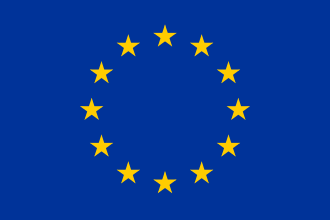Territories of higher speaker density in minoritised language communities
International conference
16-17th october 2025, Azpeitia (Basque Country)
Sociolinguistics, language policy, and grassroots movements in favour of Basque have paid special attention to the geographical areas known in the Basque Country as “arnasguneak”(breathing spaces). Similar areas with comparable conditions have been described in the field of minority and minoritized languages in Europe and around the world as “high-density speaker territories”, “high vitality areas for minority languages”, “language strongholds,” or “vernacular communities.”
In the context of minoritized languages, higher speaker density areas are key sociolinguistic spaces, as they allow local speakers to develop their language practices more naturally than anywhere else, and to continue transmitting the language across generations. In these areas, the minoritized language is predominant, and intergenerational transmission is ensured. For speakers of the minoritized language, these environments are comfortable and safe, as they are protected from situations of discrimination and subjugation and maintain strong presence in everyday communication. These areas foster inherent sociolinguistic dynamics that strengthen the minoritized language, encouraging its use and transmission.
Moreover, higher speaker density areas play a strategic role in language revitalization processes. They provide ideal spaces for the socialization and immersion of new speakers, while promoting the language’s prestige and active use. The experiences and practices of these areas can also be exported to environments with a weaker presence of the minoritized language, to enhance that presence and inspire language activation initiatives.
Various institutions work toward the identification, legal protection, and integrated development of higher speaker density areas, aiming at their consolidation and expansion. Often, the sociolinguistic situation in these areas offers valuable indicators of the overall health of the language: a speaker community without such areas is at risk, while languages in strong condition tend to have broad geographical zones with high speaker density. For all these reasons, public policies must prioritize them. Fostering and nurturing social dynamics in favour of the minoritized language within these areas—especially by improving conditions related to demographics, education, and the socioeconomic sphere—means working for the future of minoritized languages.
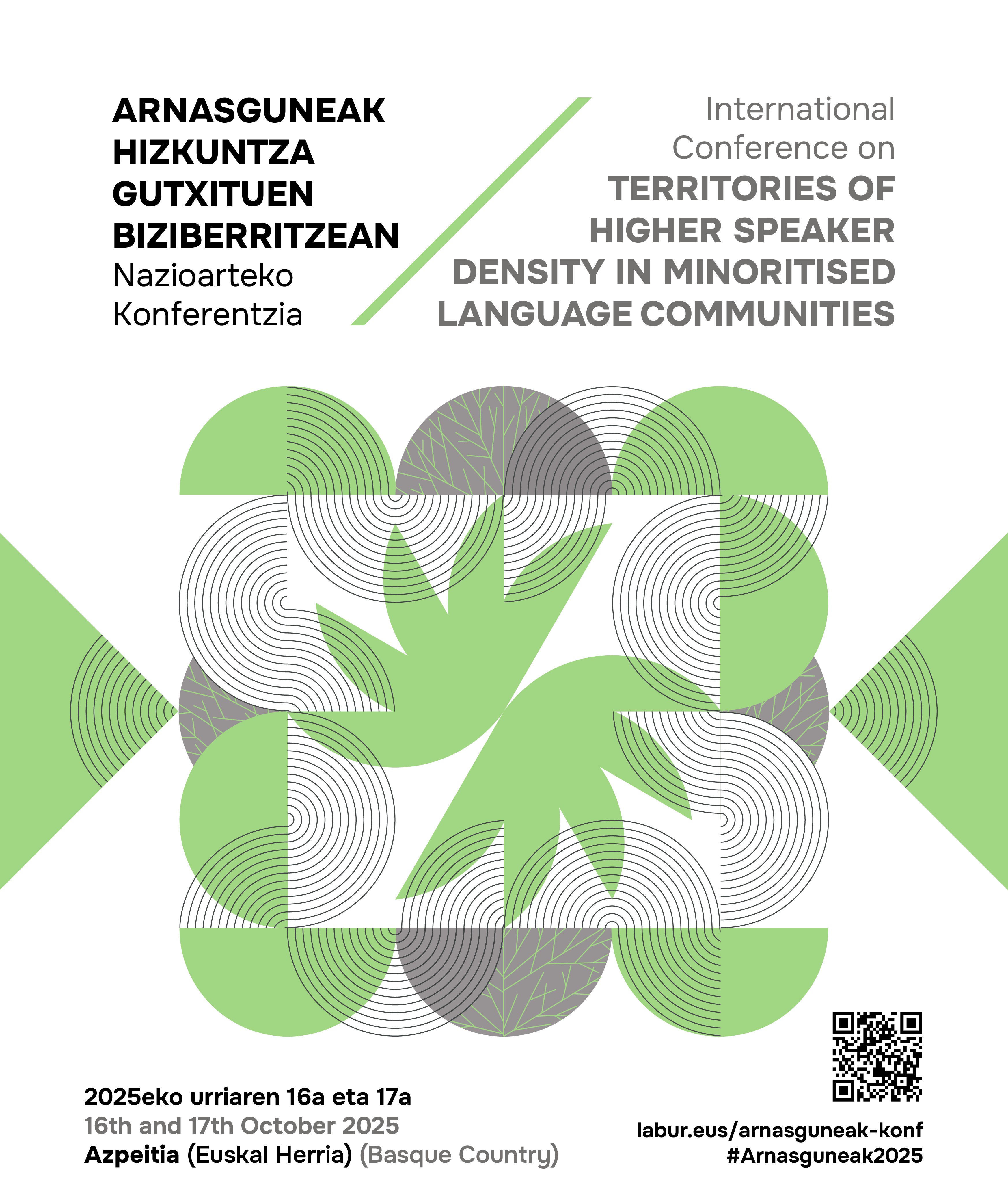
This international conference will have two main objectives:
- To reflect on the importance of higher speaker density areas in the revitalization of minoritized languages across Europe.
- To present proposals and measures for strengthening the sociolinguistic situation of minoritized languages within these areas.
Organisation:
Organising Committee:
- Commonwealth of Basque Municipalities (UEMA)
- Basque Sociolinguistics Cluster (Soziolinguistika Klusterra)
- Basque Summer University (Udako Euskal Unibertsitatea – UEU)
- Coppieters Foundation
Scientific committee:
- Xan Aire, Plazara
- Patri Arburua, Basque Language Association of Town Councils of Bortziriak
- Miren Artetxe, University of the Basque Country (UPV-EHU)
- Asier Basurto, Basque Sociolinguistics Cluster (Soziolinguistika Klusterra)
- Maddi Dorronsoro, European Centre for Minority Issues (ECMI)
- Mikel Gartziarena, University of the Basque Country (EHU-UPV)
- Conchúr Ó Giollagáin, University of the Highlands and Islands
- Iñaki Iurrebaso, Basque Speaking Town Councils Association (UEMA)
- Elin Haf Gruffydd Jones, University of Wales – European Language Equality Network (ELEN)
- Jon Mentxakatorre, Mondragon University (MU)
- Jon Sarasua, Mondragon University (MU) – Basque Language Academy (Euskaltzaindia)
- Arkaitz Zarraga, Basque Summer University (UEU)
Sponsor:
- Basque Governement
- Gipuzkoa Provincial Council
- Azpeitia Town Council
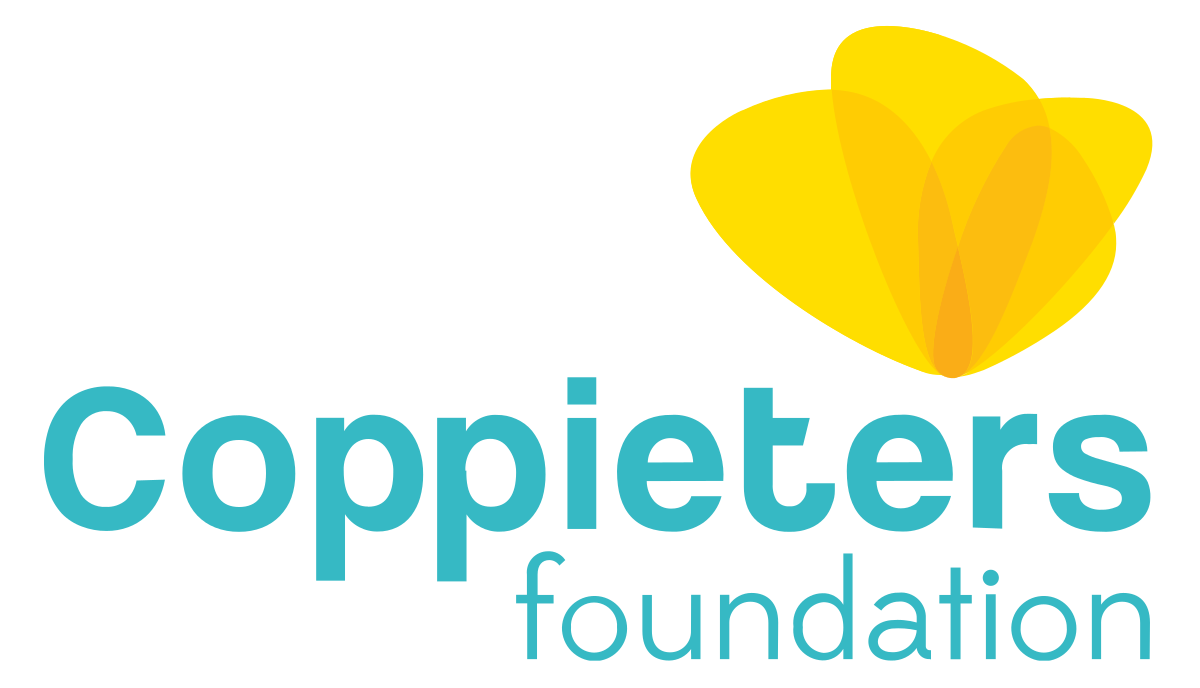
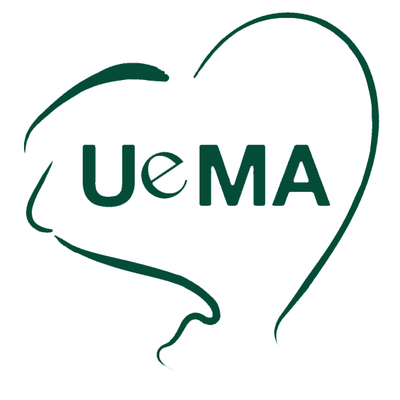
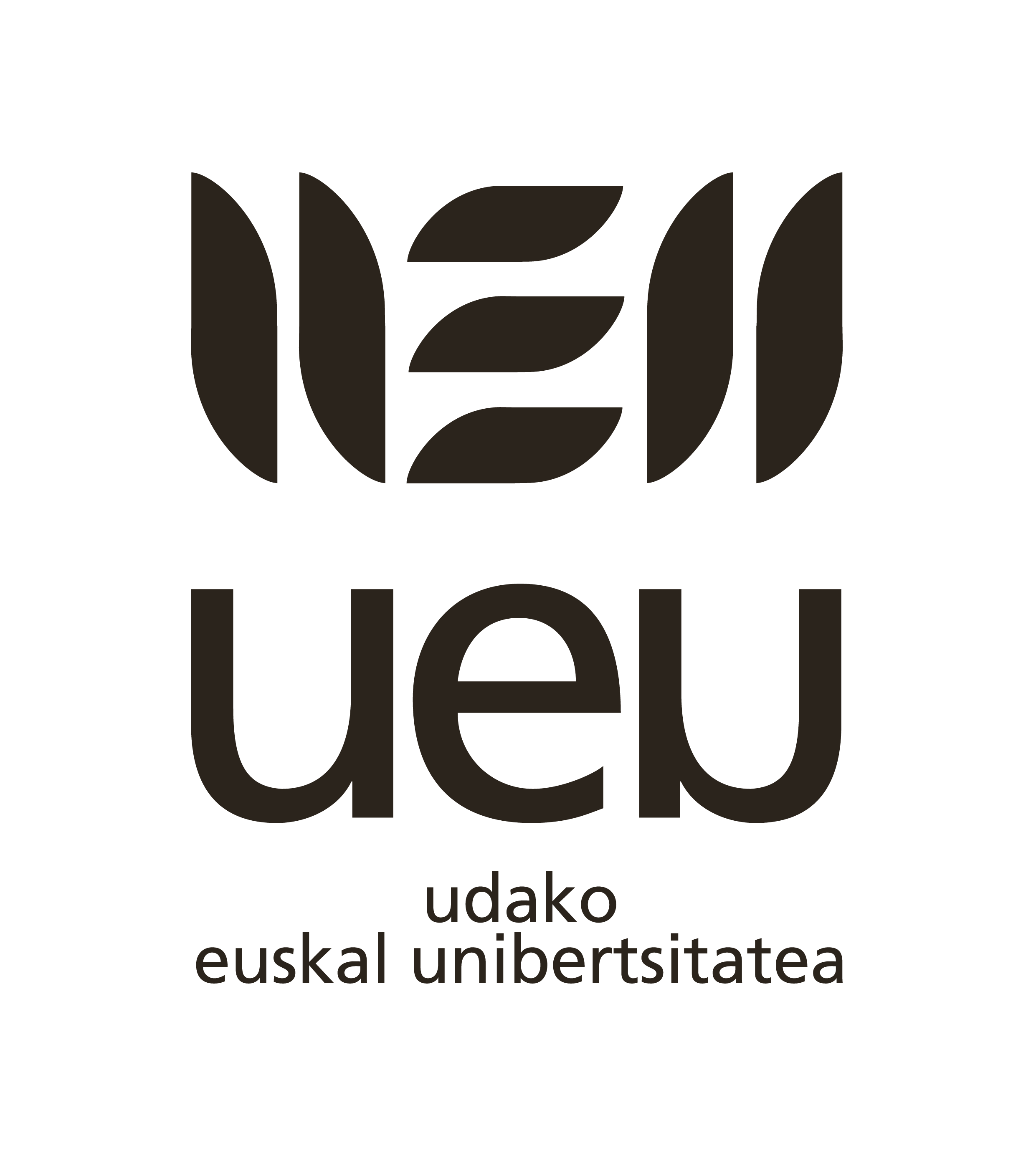

This project received financial support from the European Parliament. Sole liability rests with the author and the European Parliament is not responsible for any use that may be made of the information presented therein.
